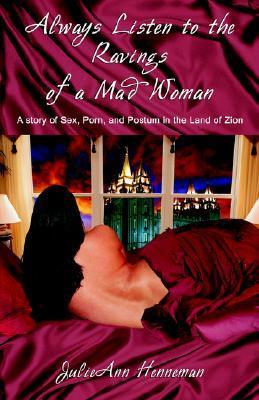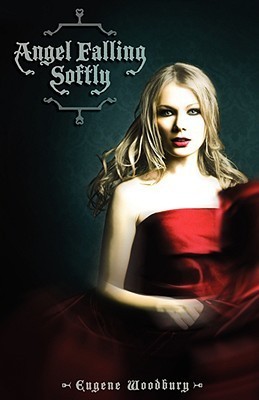The Virgin Heroine has always been (and remains, IMO) a staple of genre romance. It’s getting not so much that way anymore, but as time goes on and society gets freer with its sexcapades, it’s harder for a writer to justify the Virgin Heroine, especially beyond, say, college age. On the other hand, we still have historical writers who are perfectly capable of pulling off the “wicked virgin widow trope,” which I have to admit is cracktastic and I never ever get tired of it. (Kind of like “I had to do it to fulfill the will” plots, but that’s another post.)
I don’t believe I’ve ever read a contemporary romance (other than an inspirational or sweet) that used religious beliefs as a solid, if not defiant, reason for the heroine’s virginity. And in any case, religious or not, if the heroine does lose her virginity before she marries the hero, she still marries (or commits to) the hero, so it’s all good.
For Mormons, the matter of celibacy until marriage is an expectation, a requirement. You don’t have sex with your one and only twu wuv before the vows are said no matter the commitment level. This also means you can’t have sex with yourself since, well, you aren’t married to yourself. Masturbation’s a no-no, folks.
Oh, yes, I just now heard all 4 of you non-Mormon readers gasp in shock and dismay. I know. Me, too. Think about being 29, 37, 46 and still a virgin. It’s a bitch. You think I’m kidding or talking about a very small minority of single women in the church who had no plans for default nunnery? I assure you, I am not. There’s a lot of ’em. I will never find a non-Mormon romance with a Virgin Heroine who’s 29, 37, 46 without some trauma or serious psychological issues that requires therapy. Nobody’d believe it.
So. For the more adventurous of LDS women who read genre romance of the steamier variety, I have written the unapologetic 37-year-old Virgin Heroine as a tribute to you (and when she finds her one and only twu wuv, she takes one for the team so you don’t have to); if you’re older than that and still can’t relate to Giselle’s celibate angst, I apologize from the bottom of my heart (although if you disagree with her choices, well, not apologizing for that).
For the non-LDS women who can’t relate to such a thing at all, I hope I’ve written for you a decent reason she is the way she is and a realistic picture of the way she deals with it. If you still can’t believe it, my only defense is that I know these women—a lot of them.

 Backstory: LDS fiction (aka Mormon fiction) is analogous to, say, what
Backstory: LDS fiction (aka Mormon fiction) is analogous to, say, what 
